As part of the European Green Deal, the European Union (EU) introduced the Carbon Border Adjustment Mechanism (CBAM) in 2023.
In its statement, the European Commission stated: “CBAM is a climate instrument designed to prevent carbon leakage. Carbon leakage occurs when EU industry relocates production to third countries with less stringent emission constraints, or when imports from such countries replace products with a lower greenhouse gas emission intensity due to differences in climate policy. At present, CBAM covers cement, iron and steel, aluminum, fertilizers, electricity, and hydrogen, ensuring that imports are subject to the same carbon cost as EU production.”
On 28 August 2025, the Commission launched a call for evidence to gather views from all stakeholders on the calculation of embedded emissions in CBAM-covered goods, the adjustment of CBAM certificates to reflect free allocation under the EU Emissions Trading System (EU ETS), and the deduction of carbon prices paid in third countries.
Through this step, the Commission aims to simplify and make the CBAM Regulation more cost-effective, provide clarity and legal certainty for businesses, support Member States in their implementation efforts, and enhance the overall effectiveness of CBAM.
The call for evidence is open to all stakeholders both within and outside the EU. Businesses in the EU, stakeholders in third countries affected by CBAM, national competent authorities and customs authorities of EU Member States responsible for implementation, as well as authorities in third countries that have adopted or are developing carbon pricing instruments, are invited to participate. Academic institutions and researchers are also called upon to share scientific studies and data to support the Commission’s initiatives with the best available knowledge.
Feedback can be submitted to the Commission until 25 September 2025.


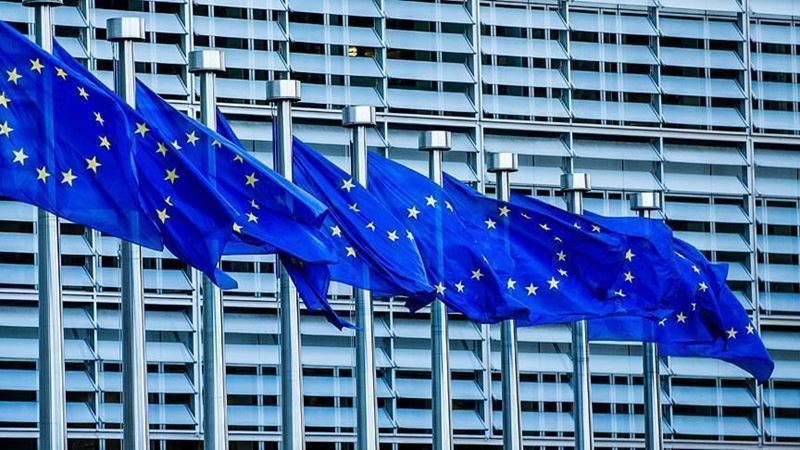

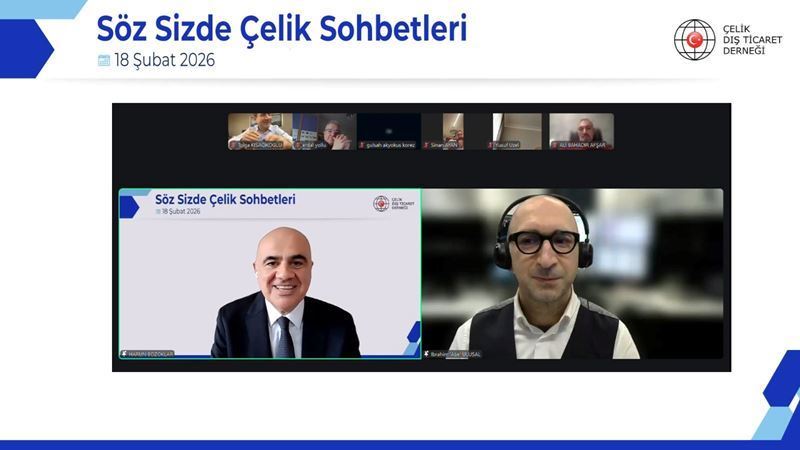
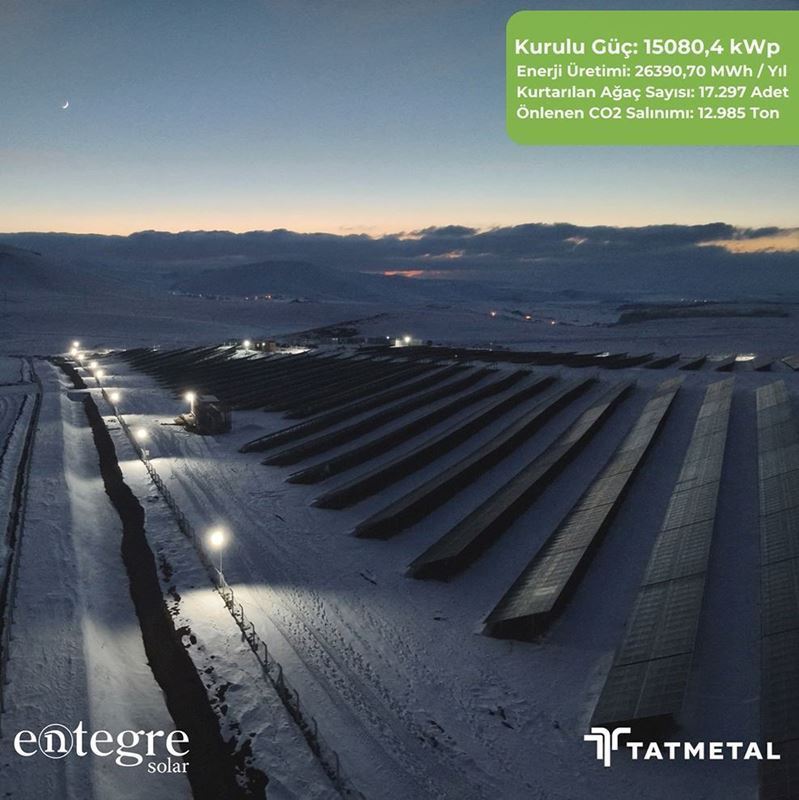
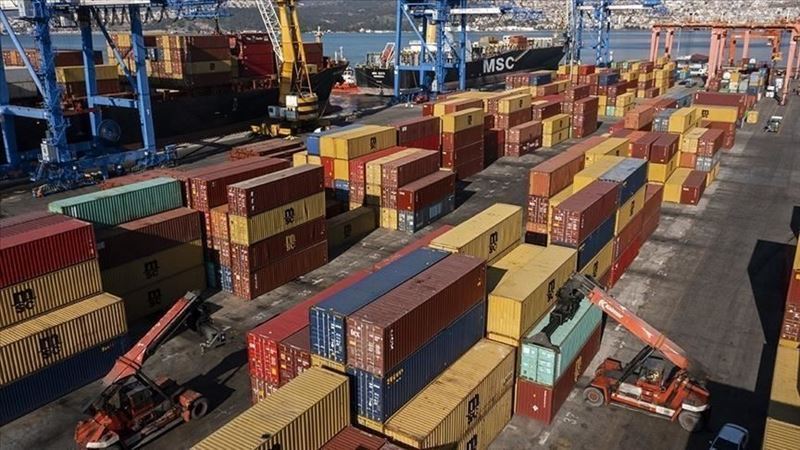
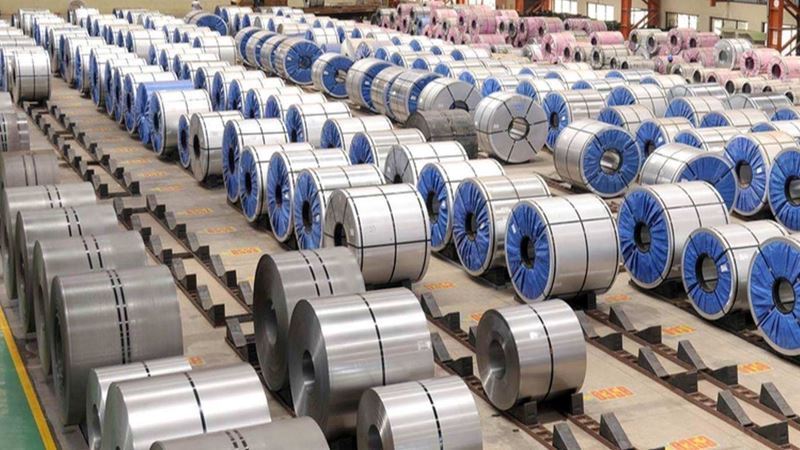
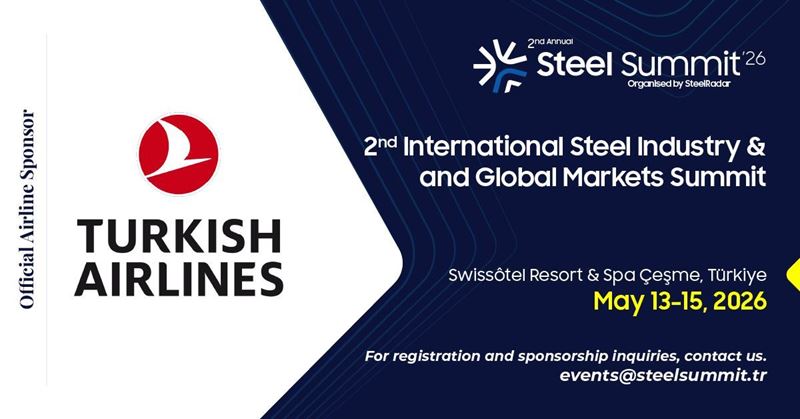


Comments
No comment yet.